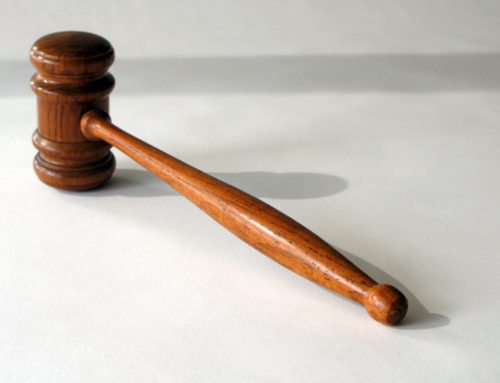Personal Injury Attorney review of SANISLO v. GIVE KIDS THE WORLD, INC., No. SC12-2409 (Fla. Feb. 12, 2015) relating to exculpatory clauses.
Give Kids the World, Inc., (Give Kids the World) a non-profit located near Disney World, endeavors to provide storybook vacations to the seriously ill children and their families. Give Kids the World provided the Sanislos family with a form that was filled out in order to fulfill the wish. The form contained a liability release that provided, in pertinent part
:
I/we hereby release Give Kids the World, Inc. and all of its agents, officers, directors, servants, and employees from any liability whatsoever in connection with the preparation, execution, and fulfillment of said wish, on behalf of ourselves, the above named wish child and all other participants. The scope of this release shall include, but not be limited to, damages or losses or injuries encountered in connection with transportation, food, lodging, medical concerns (physical and emotional), entertainment, photographs and physical injury of any kind. . . .
I/we further agree to hold harmless and to release Give Kids the World, Inc. from and against any and all claims and causes of action of every kind arising from any and all physical or emotional injuries and/or damages which may happen to me/us. . . .
Give Kids the World housed a horse-drawn wagon ride on the premises. Tragedy struck when the Sanislos family stepped onto the wheelchair lift to pose for a picture. The weight caused the collapse of the wagon and injured Ms. Sanislo’s left hip and lower back. Ultimately, the Sanislos’ won receiving a judgment in the amount of $55,443.43 and costs of $16,448.61.
The issue before the Supreme Court is whether an exculpatory clause, a contractual provision relieving a party from liability resulting from negligence or other wrongful act, is enforceable where the express language of the clause does not release liability for its own negligent acts.
In general, public policy disfavors exculpatory clauses because it frees the parties from using reasonable care and shifts the risk of injury to those least likely to take the necessary precautions. In a countervailing contractual view, unambiguous exculpatory contracts are enforceable unless they contravene public policy. In viewing both of these public policy concerns side-by-side, the Florida Supreme Court held that the contractual rights outweighs the risks when the exculpatory clauses are unambiguous and the intent of the parties provides a clear intention to relieve liability. Such intention must be clear and unequivocal such that the wording is clear and understandable to an ordinary and knowledgeable person. In other words, the laws of Florida require that the person know what he or she is contracting away.
In the instant case, the Court found that the language was clear and not ambiguous, thus releasing the defendant from liability despite the fact that the agreement did not expressly use the term “negligence” in the exculpatory clause.
Have you or someone you loved suffered a wrongful death?
Contact Tucker IP today to learn more about the legal rights afforded to wrongful death victims and their families. The Firm provides wrongful death victims and families with a FREE case review. The Firm offers a no RISK fee guarantee. Ask about it today. Call 1-844-4-TUCKER or complete a Free Case Evaluation Form today.









Recent Comments